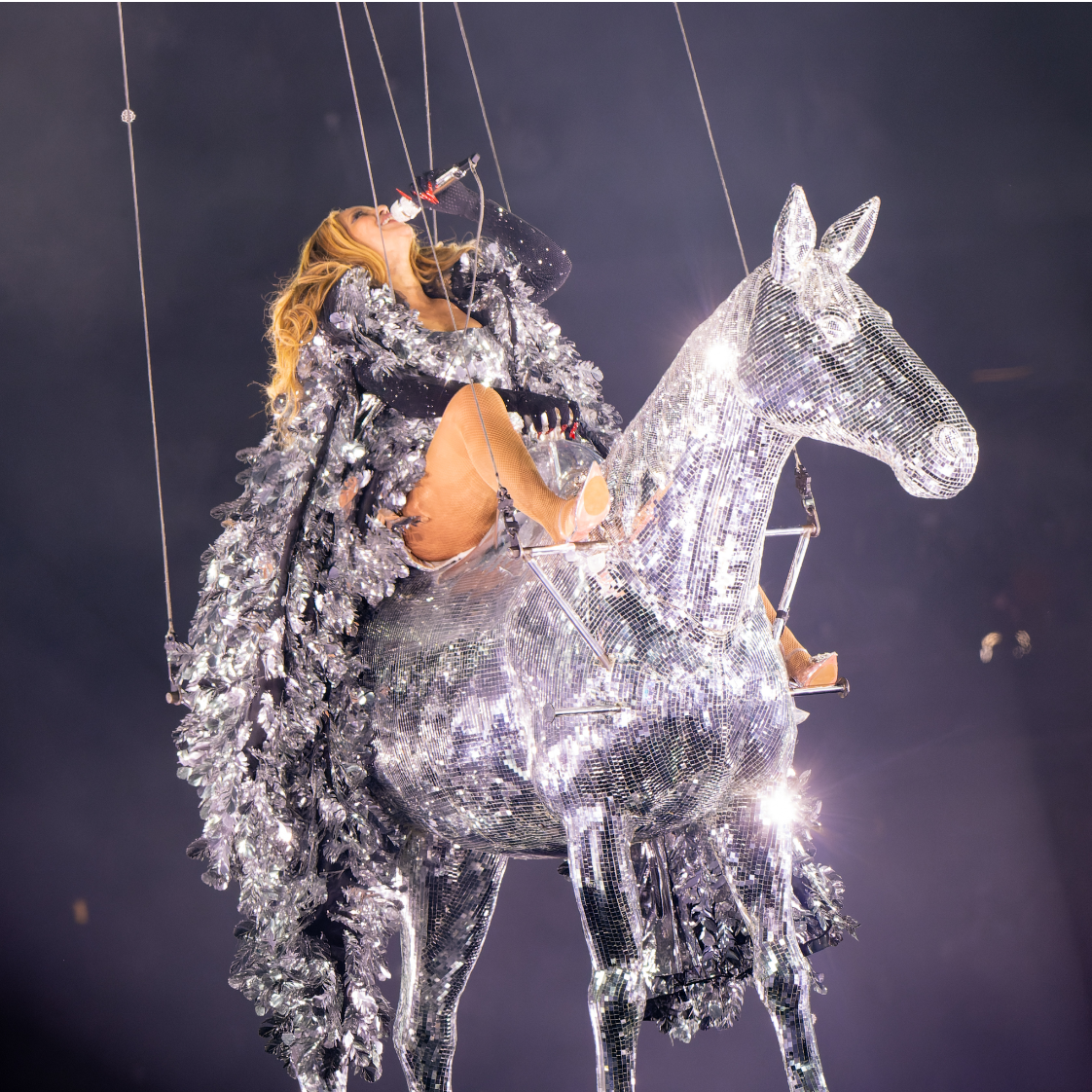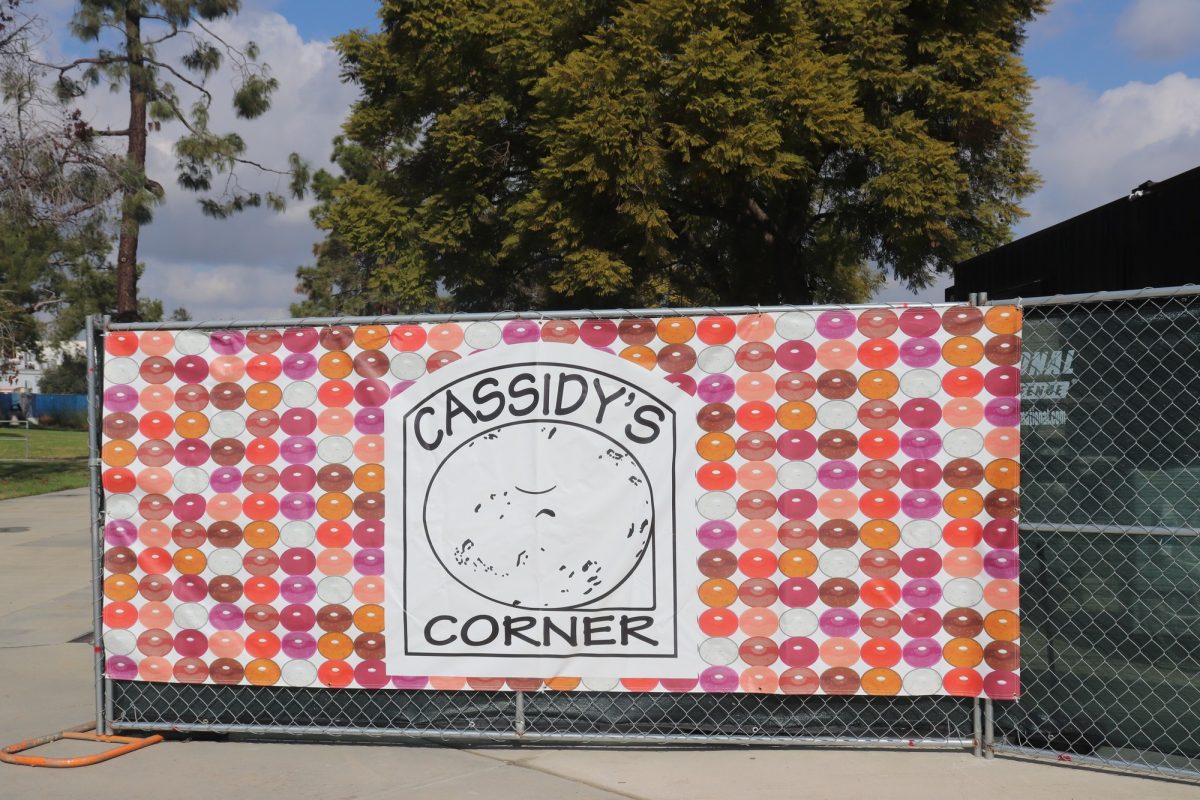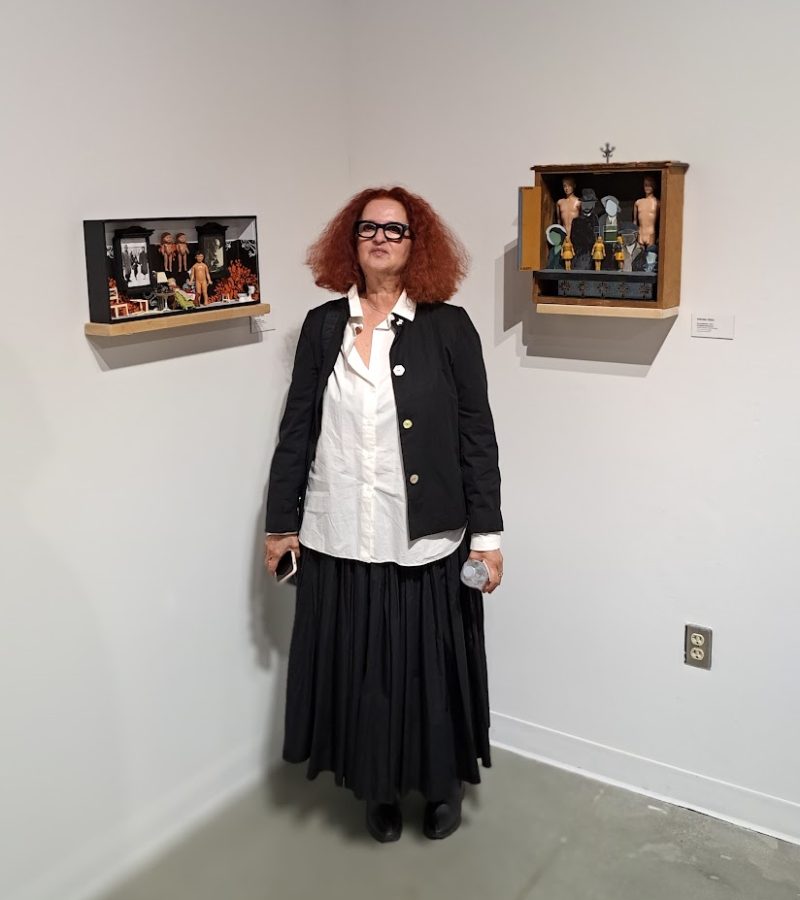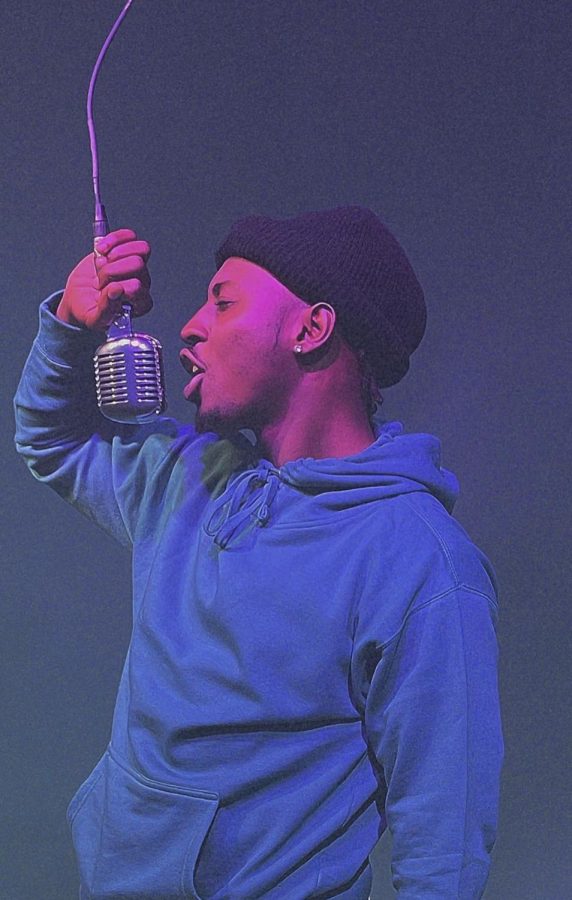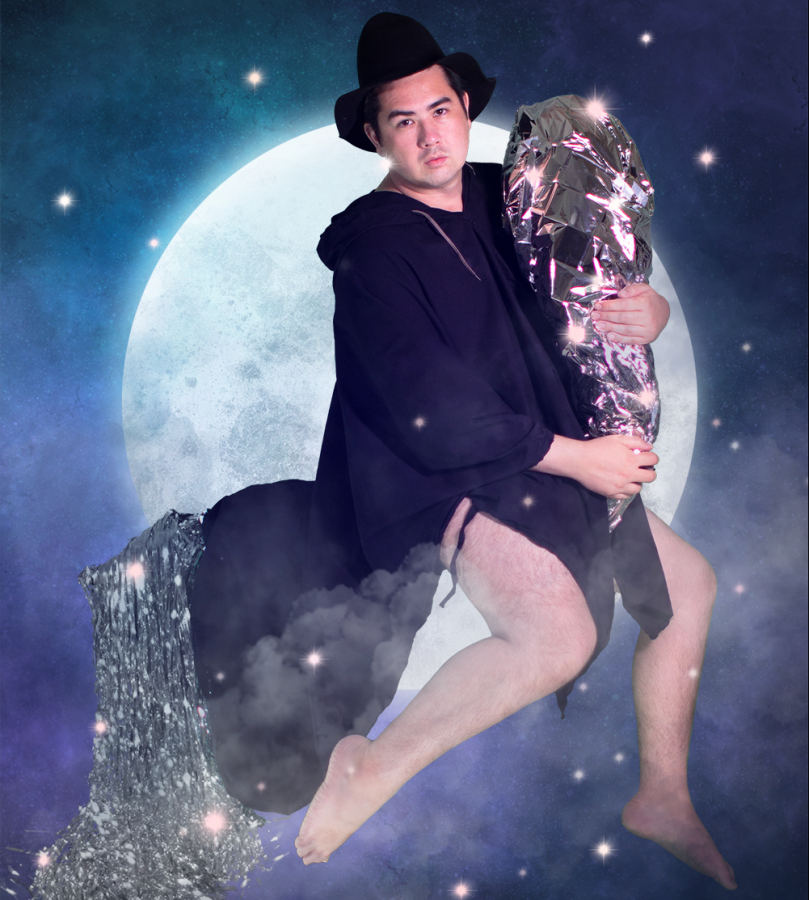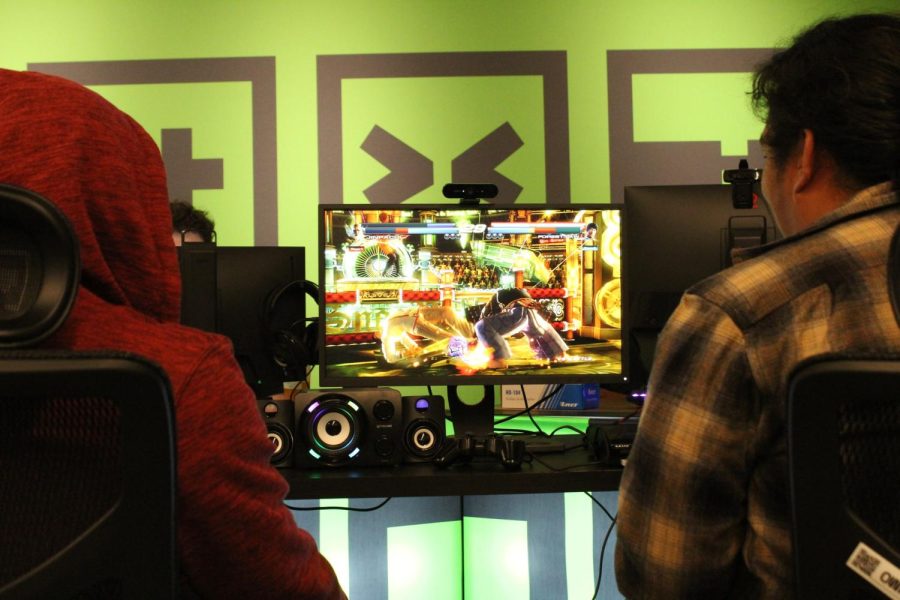“It was devastating. To think that the one standard she lived her life by was the one thing that prevented her from getting treated and maybe even getting cured,” said anthropology major Jennyfer Padilla.
As one of the many victims of breast cancer, her mother was forced to face a life-threatening disease that resulted in taking her life.
Padilla’s mother had Stage IV Medullary Carcinoma; meaning that the type of breast cancer she had had already spread to other parts of her body and was no longer treatable.
“She was so proud, so negligent to the possibility that she may have had a disease,” Padilla said. “She knew something was wrong but was too proud to admit it and most importantly, do something about it.”
She said her mother raised her and her sisters to be proud and independent individuals. But in the end, it was her pride that was the one of the main factors that took her life.
Art major Angelica Medina stated that it is usually pride and fear that prevent a woman to do something like go to a doctor.
She thinks people don’t truly understand that to go to a doctor and experience taking a mammogram test takes a lot of courage and vulnerability on the woman’s part.
“It’s frightening. You don’t know what your results are going to be, and if they are bad results, you don’t know what is going to happen,” she stated. “Just the thought of having one of my breasts cut off, swollen, or deformed leaves me uneasy.”
Breast cancer is a disease in which malignant, or cancer, cells form in the tissues of the breast.
According to the National Breast Cancer Foundation Inc., it is estimated that every year nearly 200,000 women will be diagnosed with breast cancer and more than 40,000 will die.
Contrary to popular belief, men are also possible victims of being diagnosed with breast cancer.
Approximately 1,700 men will also be diagnosed with breast cancer and 450 will die each year.
Truth is, breast cancer needs to be acknowledged as a deadly disease not just some type of disease that is out there, said civil engineering major Lalo Hinostroza.
High schools, junior high schools and even colleges should be teaching ways to self-examine yourself and ways to go about in preventing breast cancer, he said.
Although women obtain a higher percentage of being the victims of breast cancer, men are also affected.
Biology major George Hu feels that it should not only be women involved in the movement for breast cancer awareness but men as well.
He said, “It’s stupid. It’s downright absurd for men to think that they are in the safe zone and that they are at no risk to be diagnosed with breast cancer. They are at risk. They can have it. They can die!”
What is most frustrating to him is that there are so many people involved in the movement of curing breast cancer and contributing to those who are trying to find a cure, yet some people still choose to be ignorant.
“It pisses me off when people don’t care about issues that are so important and so harmful to others. You never know when it could happen to you, and when it does I bet that’s when you will start to care.
“That’s when you will contribute. That’s when you will realize how important it is to get the word out and get other people to care,” he said.
Students like Mike Howard, business major, could care less about something that is not affecting him or his family.
“Bottom line is it hasn’t happened to me and it won’t happen to me so I have no reason to care,” he laughed. “The people who got breast cancer probably did something to deserve it. That’s how I think life works. If you do something bad, you pay for it.”


